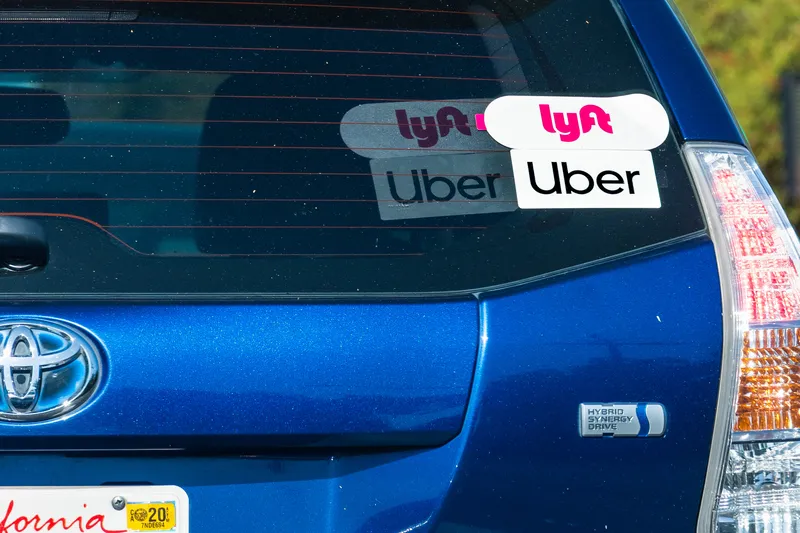
The US Governors Highway Safety Association (GHSA) has warned that the deaths of Black drivers after they have been stopped by police are at risk of undermining more general road safety messages.
The organisation has sent out a strong message abhorring racism, and says that public trust in road safety campaigns could be undermined if drivers think that racism is a factor in traffic enforcement.
"GHSA vehemently condemns racism in all its forms," says GHSA executive director Jonathan Adkins.
"Race, religion, sexual orientation or any other unique characteristic should never be the reason for a traffic stop, consciously or unconsciously, nor should these characteristics be used to determine who to ticket, who to test, who to search or who to arrest."
Calling traffic deaths a US "public health crisis" (36,560 people were killed in 2018), Adkins says: "Deaths that are unjustified and tragic that occur at the hands of law enforcement, potentially involving traffic enforcement, remind us that excessive force, disparate treatment, and individual and systematic racism in policing threaten public safety and roadway safety."
He adds: "No highway safety programme can survive without public trust."
"The law enforcement community is not exempt from the bias, prejudice and racism that have a long history in our nation. The persistence of these behaviours negatively impacts all Americans, including the honourable and professional law enforcement officers in our communities."
While emphasising its support for enforcement efforts, GHSA has come up with a package of recommendations to address the issue.
These include a plea for politicians and planners "to prioritise and incorporate perspectives from minorities, low-income communities and all others impacted by highway safety planning".
It also supports initiatives to collect and report standardised data about race in traffic enforcement, and encourages research to more effectively collect and analyse this information so it can be used for highway safety planning and law enforcement grant funding decisions.
As well as encouraging steps to root out bias, GHSA points out that enforcement organisations "should strive to ensure agency demographics are commensurate with the communities they serve".
It concludes: "While GHSA urges reform, we continue to support the proven role of traffic enforcement and the wider criminal justice system to prevent crashes, deaths and injuries; stop dangerous driving; and hold drivers accountable for poor, often deadly, choices."








